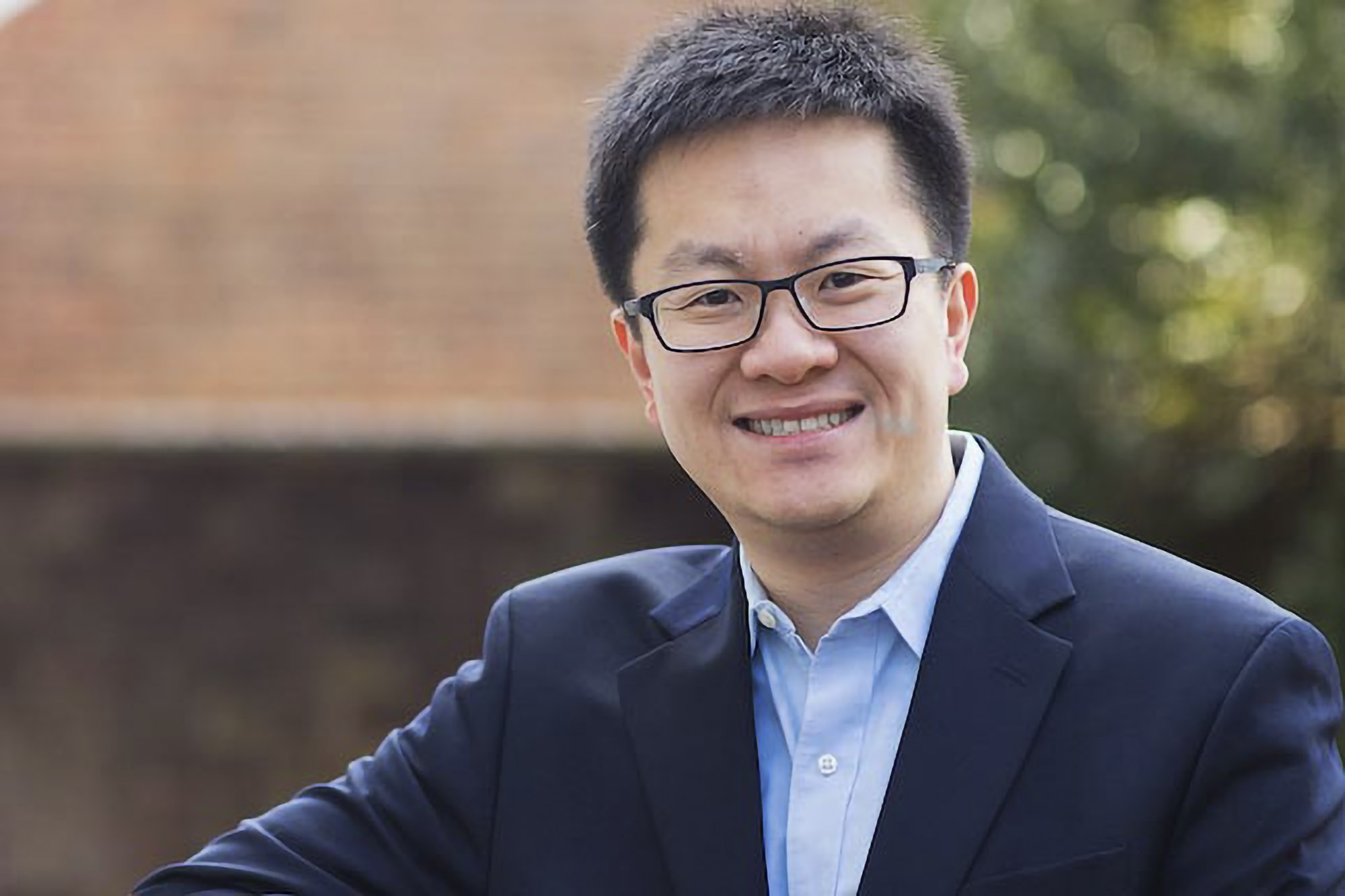Scientists at the University of Virginia School of Medicine have developed important new resources that will aid the battle against cancer and advance cutting-edge genomics research.
UVA’s Chongzhi Zang and his colleagues and students have developed a new computational method to map the folding patterns of our chromosomes in three dimensions from experimental data. This is important because the configuration of genetic material inside our chromosomes actually affects how our genes work. In cancer, that configuration can go wrong, so scientists want to understand the genome architecture of both healthy cells and cancerous ones. This will help them develop better ways to treat and prevent cancer, in addition to advancing many other areas of medical research.
Using their new approaches, Zang and his colleagues and students have already unearthed a treasure trove of useful data, and they are making their techniques and findings available to their fellow scientists. To advance cancer research, they’ve even built an interactive website that brings together their findings with vast amounts of data from other resources. They say their new website, bartcancer.org, can provide “unique insights” for cancer researchers.

“The folding pattern of the genome is highly dynamic; it changes frequently and differs from cell to cell. Our new method aims to link this dynamic pattern to the control of gene activities,” said Zang, a computational biologist with UVA’s Center for Public Health Genomics and UVA Cancer Center. “A better understanding of this link can help unravel the genetic cause of cancer and other diseases and can guide future drug development for precision medicine.”
Please click here to continue to full article.

Comments